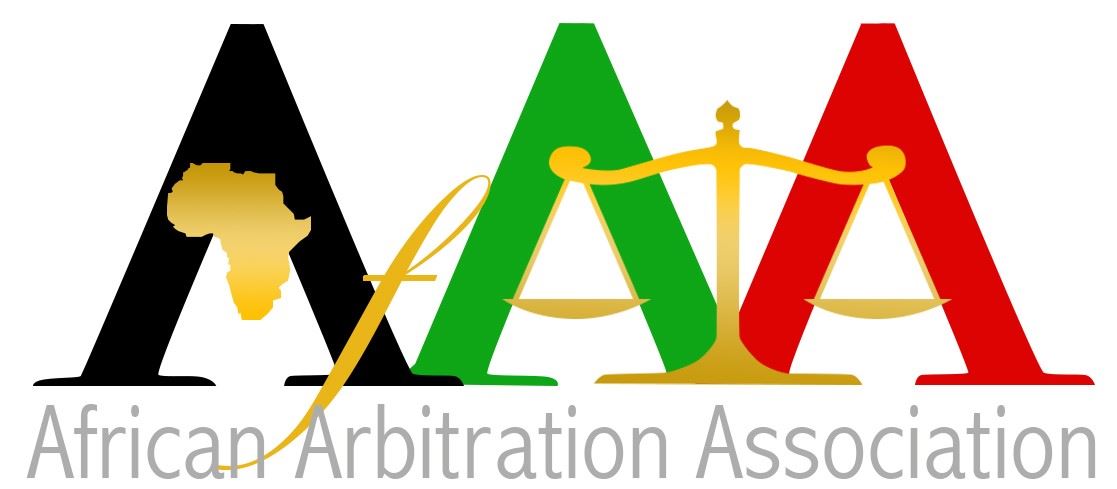Zimbabwe now has three arbitral institutions:
- The first one is the Commercial Arbitration Centre-Harare (CAC), founded in 1995 by Muchadeyi Ashton Masunda and Ian Donovan.
- The second one is the Africa Institute of Mediation and Arbitration (AIMA) which was established by Mr Justice Moses Chinhengo (retired) in 2013.
- The latest one is the Alternative Dispute Solutions Centre (“The Centre”) (www.adscentre.net) which was established in 2020 by Davison Kanokanga (Zimbabwe) Aaron Peron Ogletree (USA) and Arnold Z Chikazhe (Zimbabwe).
Why a new institution?
-
Arbitration in Zimbabwe is fast gaining momentum due to its advantages over litigation, and so the Centre complements the work being done by the other arbitral institutions.
- No training of ADR practitioners has been taking place in Zimbabwe. Both the CAC and AIMA do not provide training, and so the Centre was established to fill in the aforesaid void. The Centre provides training for current and prospective ADR practitioners in and outside Zimbabwe.
-
A survey recently conducted by the Law Society of Zimbabwe amongst lawyers revealed a massive need for arbitration training. The results of the aforesaid survey led to a collaborative arrangement between the Law Society of Zimbabwe and The Centre for the provision of Alternative dispute resolution (ADR) training to lawyers. The first training is scheduled for November 2021.
-
The Centre has access to the most eminent and experienced evaluators, arbitrators, mediators and experts from many jurisdictions who resolve business and legal disputes in an efficient, cost-effective and impartial way. For example, for one to be on The Centre’s list of arbitrators, they must have received arbitration training. Both CAC and AIMA do not have this requirement.
-
Unlike The Centre, both CAC and AIMA are not membership-based organisations.
-
The Centre administers international arbitration and mediation, and acts as an impartial appointment and administering body for all forms of alternative dispute resolution, under the UNCITRAL Rules.
-
ADR mechanisms work best where a neutral, efficient, and credible organisation administers the process. Redfern and Hunter observed in 1995 that: [a]n established and well-organised arbitral institution can do much to ensure the smooth progress of an international arbitration even if the parties themselves- or their legal advisers- have little or no practical experience in the field (A. Redfern & M. Hunter, Law and Practice of International Commercial Arbitration 155 (2nd ed., London: Sweet & Maxwell, 1991). Arbitral institutions act as gatekeepers in the arbitral process. With three arbitral institutions to choose from, parties and ADR practitioners are spoilt for choice.
What to look for in arbitral institutions?
-
The institution named in the arbitration clause should be genuine, credible, and efficient;
-
The institution should have some permanency or a reasonable guarantee of permanency. Otherwise, the arbitration clause may prove to be inoperative or incapable of being performed;
-
An arbitral institution should have staff that is conversant with arbitral proceedings;
-
Regard should be had to the role the institution plays in the arbitral process. For example, does it have a hands-on approach to the conduct of arbitrations, or does it leave matters to the arbitral tribunals it appoints whilst keeping an eye on the arbitral process?
-
The services offered by the institution; and
-
What it charges for its services as the charges have a bearing on the total cost of the arbitration. Disputants prefer institutions whose charges are reasonable.
The Centre’s contact details are:
Suite 1 Mizrahi House,33 Robson Manyika Avenue,Harare,Zimbabwe
Telephone: +263(0)786851768
Email: info@adscentre.net
______________________________________________
* Partner, Kanokanga & Partners Law firm, Harare, Zimbabwe
